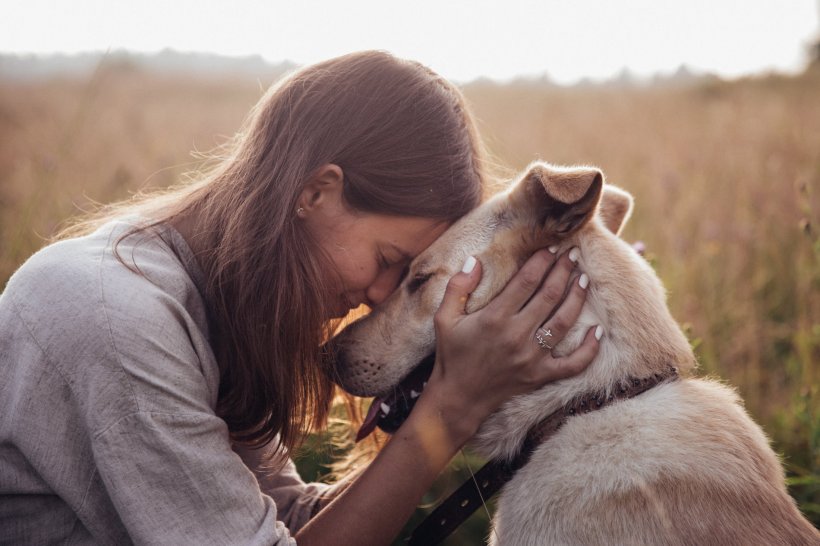
Image source: Adobe Stock/gartmanart
News • Effects on anxiety, depression
Is having a dog good for mental health? Yes and no, say experts
It is often believed that a close relationship between owners and their dogs can bring many mental health benefits to owners, but findings from a new study led by the University of Liverpool paint a more complicated picture.
Researchers surveyed 1,693 adult dog owners in the UK to investigate whether dog owners with stronger relationships with their dogs experience better mental health. Published in the journal Frontiers in Psychology, their analysis found that a stronger dog–owner relationship was associated with greater feelings of emotional support and companionship but poorer levels of anxiety or depression.
Key themes included positive impacts on owner wellbeing and happiness through providing purpose, companionship and self-acceptance, pleasure and distraction, as well as lessening emotional pain and suffering. For example, dogs were mentioned as a useful aid for dealing with mental health symptoms, such as suicidal thoughts. However, negative impacts of a strong relationship included anticipatory grief over loss of the dog, and concerns regarding the burden of responsibility and ability to meet dog’s needs.
The researchers found that it was this perceived ‘burden’ of dog ownership that was most closely associated to owners’ mental wellbeing. “A lower perceived burden was beneficially associated with all mental health outcomes, including lower anxiety and depression, and also was found to be important in our qualitative explorations, and so it is important for future research and practical interventions to address issues that lead to a sense of burden created by owning and caring for a dog,” explains lead researcher Dr Carri Westgarth.
While further research is needed, the authors suggest that ensuring the right help is in place for owners is the key to a healthy dog–owner relationship that supports owner mental wellbeing. This includes access to affordable veterinary care and dog training, walking, and boarding services, access to pet-friendly housing and dog-supportive environments, and mental health support for people who may be struggling with anticipatory grief or who may have recently lost a pet, particularly for those with limited social support.
Source: University of Liverpool
29.07.2022











